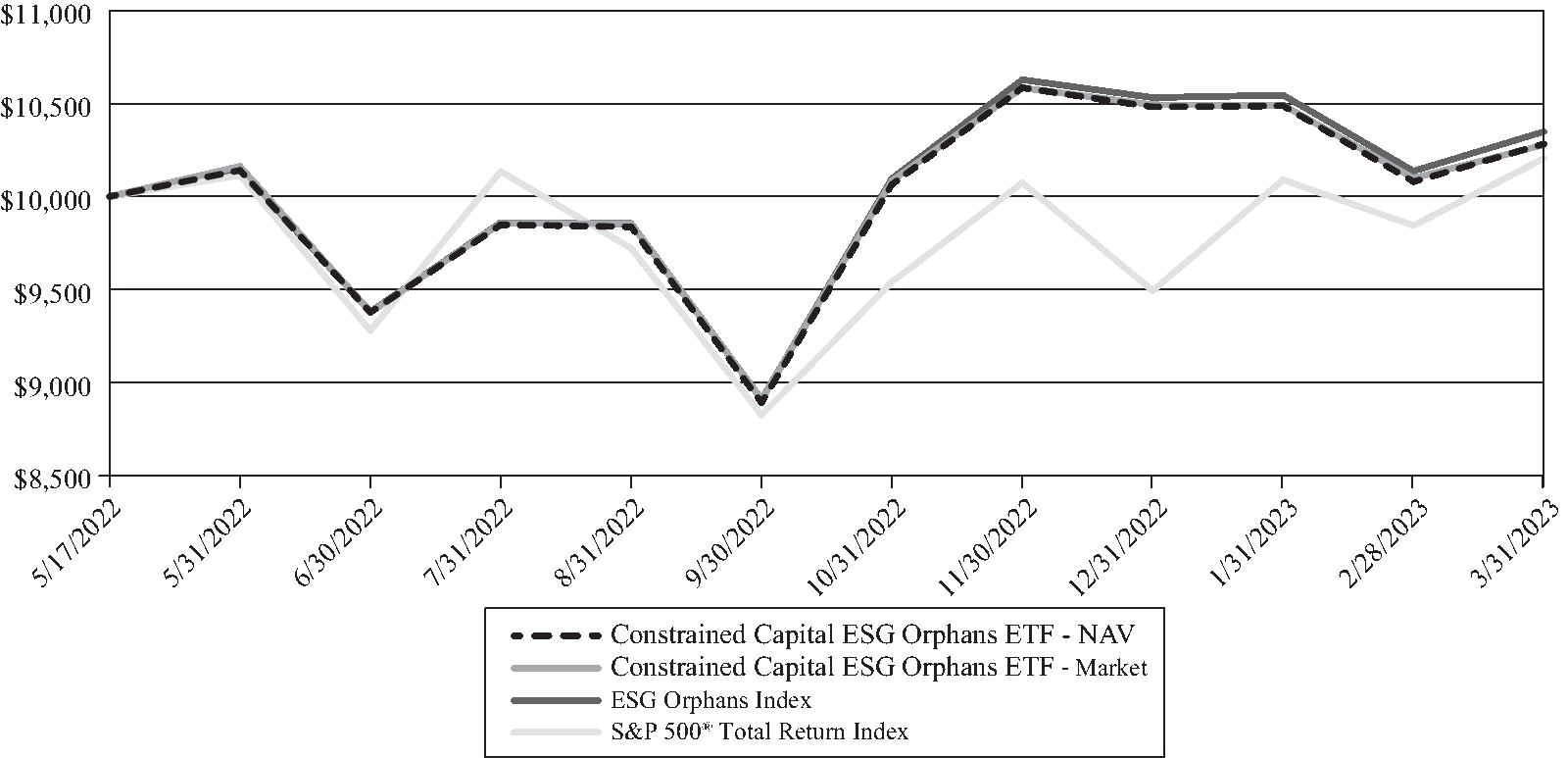•Gambling Companies Risk. Companies in the betting and gaming industry include those engaged in casino operations, racetrack operations, sports and horse race betting operations, online gaming operations and/or the provision of related equipment and technologies. The betting and gaming industry is characterized by an increasingly high degree of competition among a large number of participants including from participants performing illegal activities or unregulated companies. Expansion of betting in other jurisdictions (both regulated and unregulated) could increase competition with existing betting and gaming companies, which could have an adverse impact on their financial condition, operations and cash flows. These companies also may be subject to increasing regulatory constraints, particularly with respect to cybersecurity and privacy. Companies operating in the betting and gaming industry are subject to the risk of significant litigation regarding intellectual property rights, which may adversely affect and financially harm companies in which the Fund may invest.
•Tobacco Companies Risk. Tobacco companies are very competitive and subject to a number of risks. Demographic and product trends, changing consumer preferences, nutritional and health-related concerns, competitive pricing, marketing campaigns, environmental factors, adverse changes in general economic conditions, government regulation, consumer boycotts, risks of product tampering, product liability claims, and the availability and expense of liability insurance can affect the demand for, and success of, such companies’ products in the marketplace. Tobacco companies in particular may be adversely affected by the adoption of proposed legislation and/or by litigation.
•Fossil Fuel Companies Risk. The profitability of fossil fuel companies is related to worldwide energy prices, including all sources of energy, and exploration and production costs. The price of fossil fuels, the earnings of fossil fuels companies, and the value of such companies’ securities can be extremely volatile. A significant portion of their revenues may depend on a relatively small number of customers, including governmental entities and utilities. Short-term oil prices are largely driven by worldwide economic growth. In addition, if the transition to alternative energy sources accelerates in the near future fossil fuel companies may be adversely affected.
•Nuclear Energy Companies Risk. Nuclear energy companies may face considerable risk as a result of, among other risks, incidents and accidents, breaches of security, ill-intentioned acts of terrorism, air crashes, natural disasters (such as floods or earthquakes), equipment malfunctions or mishandling in storage, handling, transportation, treatment or conditioning of substances and nuclear materials. Such events could have serious consequences, especially in case of radioactive contamination and irradiation of the environment, for the general population, as well as a material, negative impact on nuclear energy companies.
•Weapons Companies Risk. Weapons manufacturers rely to a large extent on U.S. (and other) Government demand for their products and services and may be significantly affected by changes in government regulations and spending, as well as economic conditions and industry consolidation. Weapons companies may be adversely affected by the adoption of proposed legislation and/or by litigation.
D.New Fund Risk. The Fund is a recently organized management investment company with limited operating history. As a result, prospective investors have a limited track record or history on which to base their investment decisions.
E.Concentration Risk. The Fund’s investments will be concentrated in an industry or group of industries to the extent the Index is so concentrated. In such event, the value of shares may rise and fall more than the value of shares that invest in securities of companies in a broader range of industries.
F.Cybersecurity Risk. With the increased use of technologies such as the Internet to conduct business, the Fund is susceptible to operational, information security, and related risks. Cyber incidents affecting the Fund or its service providers may cause disruptions and impact business operations, potentially resulting in financial losses, interference with the Fund’s ability to calculate its NAV, impediments to trading, the inability of shareholders to transact business, violations of applicable privacy and other laws, regulatory fines, penalties, reputational damage, reimbursement or other compensation costs, or additional compliance costs.
G.Exchange-Traded Fund (“ETF”) Risks.
•Authorized Participants, Market Makers, and Liquidity Providers Concentration Risk. The Fund has a limited number of financial institutions that that are authorized to purchase and redeem shares of the Fund directly from the Fund (known as “Authorized Participants” or “APs”). In addition, there may be a limited number of market makers and/or liquidity providers in the marketplace. To the extent either of the following events occur, shares may trade at a material discount to NAV and


